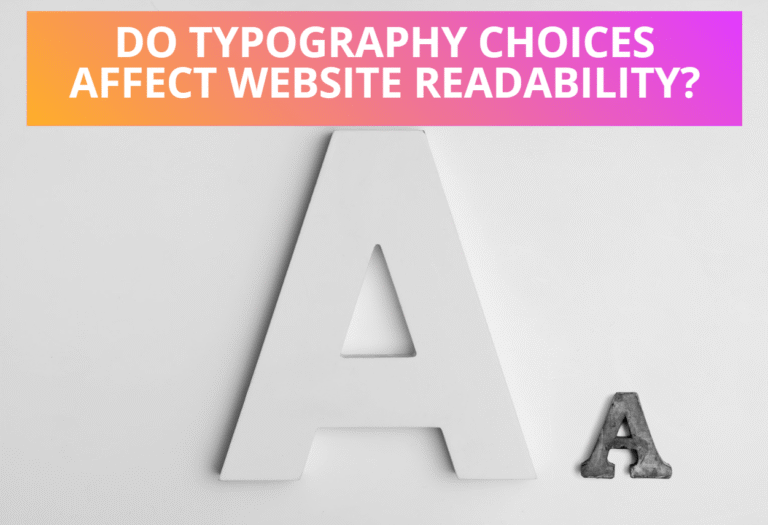Table of Contents
What are the Benefits of Tablets?
One of the most obvious benefits of purchasing a tablet is portability. Tablets are like smartphones – they are mobile IoT devices. For the most part, you can expect a tablet to range from 7 inches – 11 inches, while laptops are typically 12 inches – 16 inches. In terms of portability, tablets are much easier to carry around.
Tablets work differently to laptops too. One of the main areas of difference is touchscreen functionality on iPads, and Android tablets. However, there are several laptops which now offer touchscreen options too. Perhaps it’s the reason to be why tablets were created that makes them useful for specific purposes. Tablets are portable computing devices. They are designed for maximum engagement on the go. The same cannot be said of laptops.
For this reason, tablets are ideally suited to all manner of tasks including reading e-books, playing online games, streaming videos, vines, YouTube clips, and listing to music. Another benefit to using a tablet is that there is no keyboard to contend with. You simply use the virtual keyboard to search for the content you need and enter the commands you wish to initiate.
What Are Some of the Drawbacks of Tablets?
Tablets have smaller screen sizes than laptops. This is not necessarily a drawback, although it can be if you intend to use the tablet for work purposes. Smaller screen sizes typically limit the type of content you can effectively work with. For example, Excel, Word, spreadsheets, invoicing, and other work-related software applications do not always display well on small screen sizes. Another caveat is in order: The absence of a keyboard means that all typing has to be performed on a virtual keyboard which is not ergonomic and not suited for work purposes.
Laptops, on the other hand, offer greater control over the quality of the images you’re seeing. They are ideal for long periods of staring at the screen. According to data compiled by time.com, the pixel density of the average tablet from 2014 was 260 pixels per inch. With the Apple iPad Pro LTE, the pixel density measure 264 PPI, while the Microsoft Surface Pro 4 measured 267 PPI. With laptops, the pixel density is lower – at around 200 PPI. This is another reason to consider tablets over laptops.
Other Considerations for Laptops and Tablets
Laptops typically include a CD/DVD drive, while tablets don’t. This can prove especially useful if you need to update or upload content, watch a movie if the Internet is down (or you’re traveling), or if you need to work on files that you have stored on an external device.
Laptops also include multiple outlets for HDMI cables, Internet connectivity, jacks for headphones/headsets, USB devices etc. Tablets are somewhat limited in terms of computing ability, but they are ideal for web browsing purposes. Any lightweight gaming activities can easily be enjoyed on tablets, making them ideal for social games, puzzle games, and word games.
When it comes to the inner mechanics of these devices, tablets are restricted in their HDD capacity, GPUs, RAM, processing speeds and other abilities. The technological prowess of these devices is hampered by the micro nature of all their components. We are still not quite where we need to be in terms of the evolution of powerful tablets for all sorts of computing purposes.
It should be remembered that tablets bring you the best of mobile functionality. They are designed like smartphones with bigger screens, better graphics, and enhanced user-friendliness. Tablets are ideal to travel with – whether you’re on the road, on a train, on a bus, or at the airport. Tablets are travel companions, and they are ideal for any time use.
Gamers Unite: Pick a Tablet Over a Laptop
Many folks think that one or the other offers all the benefits and none of the pitfalls, but that’s simply not true. Users will typically sacrifice something by giving up either a tablet or a laptop. That’s just the way the cookie crumbles.
In summation, tablets are best suited to fun-filled activity like gaming. Laptops, on the other hand, are also ideal for all sorts of gaming since the best gaming laptops can support any game and do so with aplomb. Unfortunately, these laptops can set you back several thousand dollars if you’re looking for maximum power.
There is no better way to download, install and power up your favorite attractions to enjoy Toy Blast games, Legend of Zelda, Injustice 2, Dirt Track Sprint Cars, Asphalt Street Storm, Modern Combat Versus and other tablet-friendly treats. In terms of performance, you can’t go wrong with high-tech tablets today.
The games you will be playing perform optimally on top-tier tablets. The processing speeds of tablets are sufficient to guarantee an extraordinary online gaming experience. In general, you will want to set a budget on your tablet or laptop purchase price. Don’t drop the threshold too low – the quality of your gaming sessions will suffer.









